Hymn Study Made Easy

Do you do hymn study in your homeschool?
Hymn study is the easiest way I know to immerse your kids in solid theology.
And what better way to bring life to your homeschooling than help your kids understand the Word of Life Himself? Studying theology with your kids through hymn study will soak them in the Truth every day you do it.
And If you think about it, It takes less than 10 minutes to sing and briefly talk about one hymn. By singing the same hymn every day for a month or so, your children will not only memorize the hymn; they’ll absorb its theology. Especially if you’ve talked about it to make sure they understand it.
Hymn study is one of those regular habits that doesn’t take long but yields a lifetime of benefits for your children and makes your homeschool days go more smoothly. Win-win!
Have you thought about doing hymn study before but wondered how to do it?
Later in this post, I’ll show you exactly how to include hymn study in your homeschool. I’ll also walk you through a hymn study lesson from our homeschool. After all, it’s always so much easier to learn something by “seeing” how someone else does it, right?
If your children are very young, keep the hymns simple and mainly sing. But even for your littles, use the opportunity to talk about God’s Word at the level of your children’s understanding.
And as your children become a little older, it will be time to dig in!
Before I let you in on one of our hymn study sessions, read what Charlotte Mason said in favor of hymn study with children.
What Charlotte Mason said about Hymn Study:
Perhaps we do not attach enough importance to the habit of praise in our children’s devotion. Praise and thanksgiving come freely from the young heart; gladness is natural and holy, and music is a delight. The singing of hymns at home and of the hymns and canticles in church should be a special delight; and the habit of soft and reverent singing, of offering our very best in praise, should be carefully formed.
But the duty of praise is not for occasional or rare seasons; it waits at our doors every day.
Don’t miss what she said at the end. But the duty of praise is not for occasional or rare seasons; it waits at our doors every day.
It’s the “everyday-ness” of good habits like hymn study that really add up over time.
Just as all the basic habits Charlotte Mason suggested we teach our kids, a regular part of the Charlotte Mason student’s repertoire was memorizing hymns. Singing hymns is a wonderful way to begin your school day. It focuses your and your kids’ minds on Him. It lifts us above our frustrations and helps us start our homeschool days on the right track.
Even if you prefer contemporary worship, the lessons you’ll learn by studying the hymns of our faith are invaluable. The old hymns are FULL of great theology that your kids need to know. So don’t miss this perfect opportunity to pour God’s truth into your kids’ hearts and minds.
Additionally, you can use hymns for recitation, copy work, and dictation. But there’s a benefit to singing, too. If you have one or more auditory learners, they will love starting their day singing hymns.
Having your own hymnal is helpful for hymn study, but you can also find many hymns online at websites such as NetHymnal. One thing that’s handy about NetHymnal is that it often provides interesting background about the hymn as well as its writers.
Hymn Study Made Easy
In our family, we learned one hymn every month, depending upon the length and “language” of the hymn. Some of the words and concepts are lengthier and/or more difficult than others. So we sang those hymns longer than the simpler ones.
But don’t worry. There are plenty of simple hymns for your younger kids. In fact, here’s a simple hymn of four lines that your family can memorize in no time, and it is full of great theology!
How to do hymn study
1. First, choose a hymn, type up the words, and copy them for each child. It’s often helpful to copy each stanza in paragraph form to enable children to focus on the words. Read it together first.
If you have young children who are learning to write, you might want to copy the hymns using the handwriting style they are learning. This is especially helpful if you plan to use the hymn for copy work. (Give your brand new writers a word or sentence.)
2. Before presenting the hymn to your children, read about its history and/or the author’s history. You can read and tell your kids a few things about it. Please don’t give them 30 minutes of information! Mostly let them experience it on their own.
Usually, a hymn was not created by just one person. Often, one person created the words, and another came up with the melody. Again, the NetHymnal site is helpful for information about this. And often you discover some captivating tidbit about the hymn’s authors or its history.’
3. After you’ve briefly talked about the hymn and handed out the words to it, identify any words necessary for your kids to understand the hymn.
4. Then ask your kids if they see anything that tells them about God or His Word in the hymn. Make sure you point out the theology in the hymn if they miss it. You can write down what you find on a whiteboard or a piece of paper.
5. Sing the hymn with all of its verses (or not, as you choose) each day as part of your morning devotions.
6. If you or one of your children plays the piano or guitar, you’ll have accompaniment!
You’ll be surprised how much your kids will memorize singing the same hymn every day for a month!
A lesson from our hymn study
We’ll start with a well-known and often sung Blessed Assurance, Jesus Is Mine. The words were penned by Fanny Crosby, who lived from 1820 to 1915. Phoebe Palmer Knapp created the music. (1839-1908). Here is a copy of the words with the music.
Keep the discussion short in the beginning. You can even discuss these ideas over a few days if that works best for you and your kids.
1. Discussion about the author
- Fanny Crosby, an American woman who lived from 1820 to 1915, wrote the words to this hymn. And she wrote thousands of hymns. She wrote all these hymns even though she was blinded as an infant after being treated by a poor doctor. Ask your children, “How do you think you might feel about God if that had happened to you?”
- This is how she felt about her blindness:
It seemed intended by the blessed providence of God that I should be blind all my life, and I thank him for the dispensation. If perfect earthly sight were offered me tomorrow I would not accept it. I might not have sung hymns to the praise of God if I had been distracted by the beautiful and interesting things about me.
- Ask your kids to explain this quote in their own words. Ask them, “How do you think she could feel that way after what had happened to her?” What do you think was the most important thing in Fanny Crosby’s life?
- Phoebe Palmer Knapp was a long-time friend who went to the same church as Fanny. Reportedly, Mrs. Knapp played Fanny the melody on the piano that became Blessed Assurance, and Fanny came up with the song title on the spot!
2. Discussion about the hymn.
This can come after singing the hymn, perhaps after singing it for more than one day. It’s your lesson, so do it how you’d like. Just break these ideas up so you aren’t trying to ask them all at the same time.
- How did the author know that Jesus was “hers”? How do you know that Jesus is yours? (This is a perfect opportunity to discuss the gospel with your children, especially if they have not yet accepted Jesus as their Savior.)
- What do ‘heir of salvation’ and ‘Purchase of God’ mean? Who are the heirs of salvation? How have we become “purchased of God”? Who purchased us? How? (Again, the Cross!) Look up and discuss some or all of the following verses:
Galatians 4:7 So you are no longer a slave, but a son; and since you are a son, God has made you also an heir.
Romans 4:13 It was not through law that Abraham and his offspring received the promise that he would be the heir of the world, but through the righteousness that comes by faith.
Galatians 3:29 If you belong to Christ, then you are Abraham’s seed and heirs according to the promise.
Titus 3:7 So that, having been justified by his grace, we might become heirs having the hope of eternal life.
- Depending upon the ages and understanding of your children, other phrases that can be discussed (with scripture) from this hymn are:
- “Born of His Spirit” (How are we “born of His Spirit? Whose Spirit?)
- “Washed in His blood” (How are we “washed in His blood”? )
- “Perfect submission” (What does that mean? What is the “perfect delight” and peace (“all is at rest”) that results from obedience?)
3. Sing, with accompaniment if possible, Blessed Assurance, Jesus Is Mine, every day for a month.
Again, singing the same hymn for at least a month helps children memorize the hymn and solidifies its biblical principles.
Ideas to extend the study
- Assign one stanza each week as copy work.
- Memorize one stanza each week to be recited.
- Ask your older student to research Fanny Crosby and/or Phoebe Palmer Knapp and write 3-5 paragraphs about each of their lives and work.
- Request that your older student find Scripture pertaining to other phrases in this work mentioned above (“Born of His Spirit,” “Washed in His blood,” etc.)
- Have your student write out this hymn in his own words.
- After studying this hymn, have your student create her own hymn.
- Assign your student to find a passage of Scripture and compose a melody to accompany it.
How do I fit hymn study into my already busy day?
I know what you’re thinking. You would love to do hymn study, but you’re having enough trouble trying to get reading, math, and writing in.
I understand.
You can keep this as simple as you like or start as slowly as you want. But you and your children’s lives and family worship will be enriched by hymn study, I promise! And this is a time-effective way to teach theology.
I recommend that you have devotions at the breakfast table after everyone’s eaten. You can start or end your devotions by singing the same hymn every day for a month.
If you start hymn study when your children are on the younger side, think of how many hymns (and all that wonderful theology) they could learn by the time they are in high school!
In Him,
![]()
P.S. Check out other tips to give your kids a lifegiving home education.
Perhaps we do not attach enough importance to the habit of praise in our children’s devotion. Praise and thanksgiving come freely from the young heart; gladness is natural and holy, and music is a delight. The singing of hymns at home and of the hymns and canticles in church should be a special delight; and the habit of soft and reverent singing, of offering our very best in praise, should be carefully formed.But the duty of praise is not for occasional or rare seasons; it waits at our doors every day. –Charlotte MasonA regular part of the Charlotte Mason student’s repertoire was the memorization of three hymns a term. Singing hymns in corporate worship is not only a wonderful way to begin the day, but it is also a very useful way to teach solid theology to your children.Even if you prefer contemporary worship, the lessons to be learned by studying the hymns of our faith are invaluable and should not be missed.Hymns can also be used for recitation, copy work and dictation. Additionally, your auditory learners will take quickly to memorizing hymns as it is obviously accomplished by singing them aloud.Having your own hymnal is helpful for hymn study, but you also can find a multitude of hymns online at websites such as NetHymnal.One thing that’s handy about NetHymnal is that it often provides additional information about the hymn writers’ lives and background that aid the teacher in presenting a hymn. Hymn Study Made EasyIn our family, we chose to learn one hymn about every month, depending upon the length and “language” of the hymn. (Some of the words and concepts are lengthier and/or more difficult than others.) Here is our routine:1.First, choose a hymn, type up the words and copy them for each child. It is often helpful to copy each stanza together in paragraph form to enable children to really focus on the words.If you have young children, you might want to copy the hymns using the Startwrite Program, especially if you plan to use the hymn for copy work.
2.Before presenting the hymn to your children, read about its history as well as that of the authors (usually one person created the words and another, the melody).Again, the NetHymn site is helpful for this and often you discover some interesting tidbit about the hymn’s history or authors which can create more interest on the part of the children in learning it.J
3.Point out the theology inherent in the verse and identify new words.
4.Sing!
5.If you or one of your children play piano or guitar, make sure you include an instrument in your singing.
6.You would be surprised how easily memorization comes if you faithfully sing the hymn every day for a month.
An Example from Our Study
1.Blessed Assurance, Jesus is Mine, written by Fanny Crosby (words) 1820-1915 and Phoebe Palmer Knapp (music) 1839-1908.Here is a copy of the words with the music.
2.Discussion about the hymn
nHow did the author know that Jesus “was hers”?How do you know that Jesus is yours?(This is a perfect opportunity to discuss the gospel with your children, especially if they have not yet accepted Jesus as their Savior.)
nWhat does ‘heir of salvation,’ and ‘Purchase of God’ mean?Who are heirs of salvation?How have we become “purchased of God”?Who purchased us?How?(Again, the cross!) Look up and discuss some or all of the following verses:
oGalatians 4:7
So you are no longer a slave, but a son; and since you are a son, God has made you also an heir.oRomans 4:13
It was not through law that Abraham and his offspring received the promise that he would be heir of the world, but through the righteousness that comes by faith.oGalatians 3:29
If you belong to Christ, then you are Abraham’s seed, and heirs according to the promise.oTitus 3:7
so that, having been justified by his grace, we might become heirs having the hope of eternal life.nDepending upon the ages and understanding of your children, other phrases that can be discussed (with scripture) from this hymn are:
oBorn of His Spirit
oWashed in His blood
oPerfect submission (what that means and the “perfect delight” and peace –“all is at rest”-that results from obedience)
3. Discussion about the author
nFanny Crosby, an American woman who lived from 1820 to 1915, wrote the words to this hymn.She wrote over 8,000 hymns, yet she was blinded because she was treated by an incompetent doctor when she was an infant.How do you think you might feel about God if that had happened to you?This is how she felt about her blindness:
It seemed intended by the blessed providence of God that I should be blind all my life, and I thank him for the dispensation. If perfect earthly sight were offered me tomorrow I would not accept it. I might not have sung hymns to the praise of God if I had been distracted by the beautiful and interesting things about me.
nPhoebe Palmer Knapp was a long time friend who went to the same church as Fanny.It is said that Mrs. Knapp played Fanny the melody that became “Blessed Assurance” and Fanny came up with the song title on the spot!
4.Sing, with accompaniment if possible, “Blessed Assurance, Jesus is Mine,” every day for a month. Additional options:
nAssign one stanza along each week as copy work.
nAssign one stanza each week as memorization to be recited.
nAsk your older student to research Fanny Crosby and/or Phoebe Palmer Knapp and write 3-5 paragraphs about each of their lives and work
nRequest that your older student find Scripture pertaining to other phrases in this work mentioned above (Born of His Spirit, Washed in His blood, etc.)
nHave your student write out this hymn in his own words.
nAfter studying this hymn, have your student create her own hymn.
nAssign your student to find a passage of Scripture and compose a melody to accompany it.
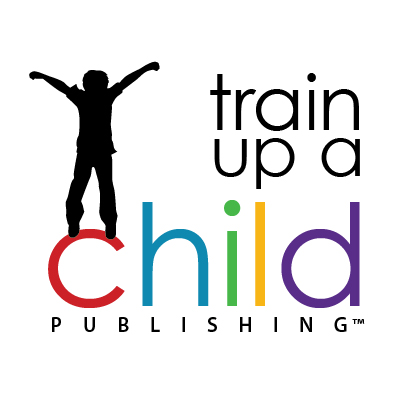
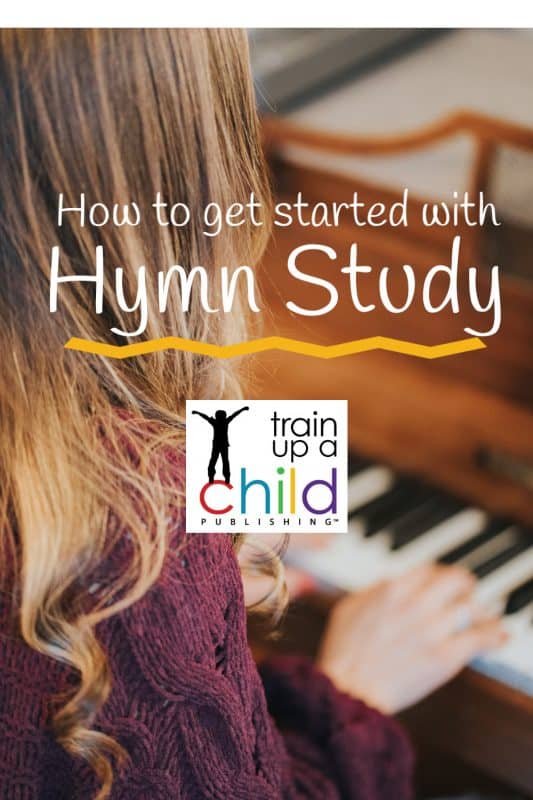
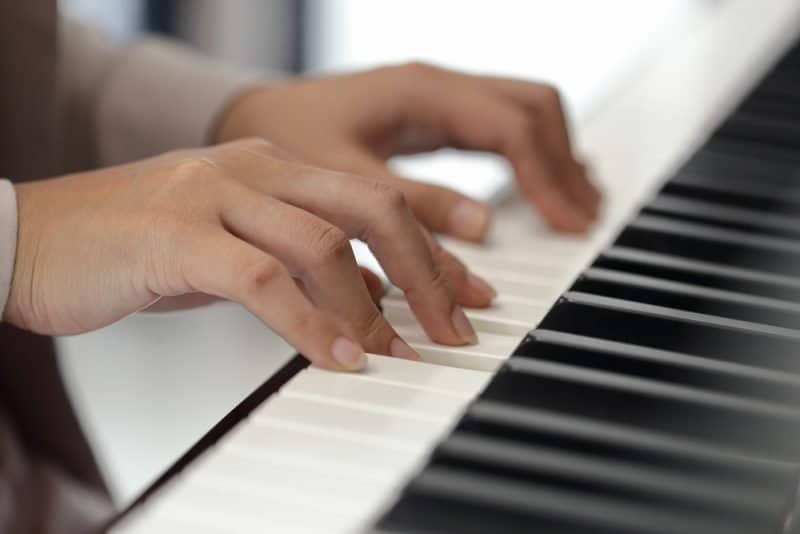

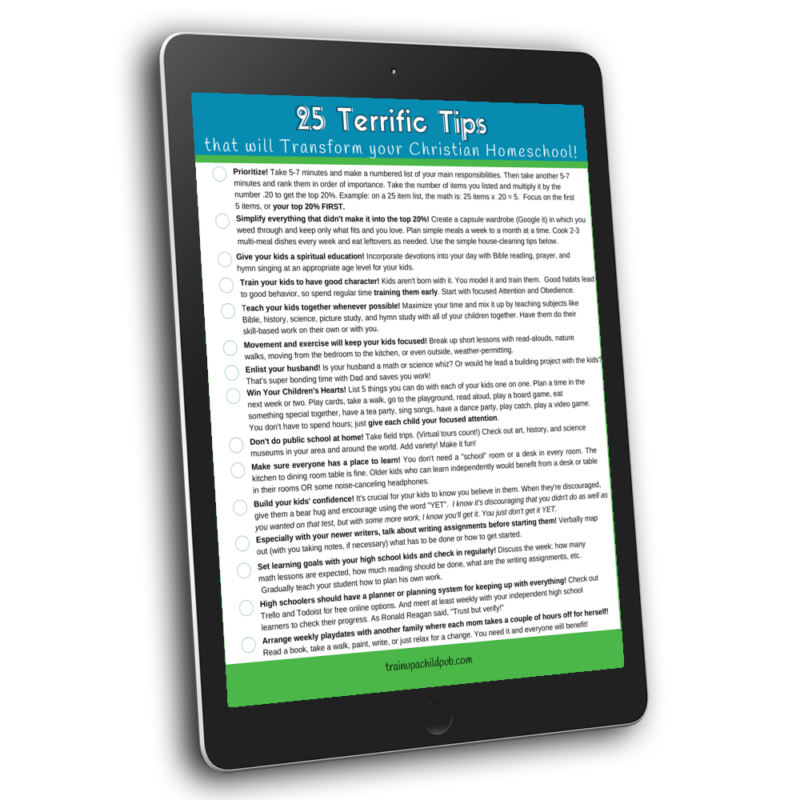
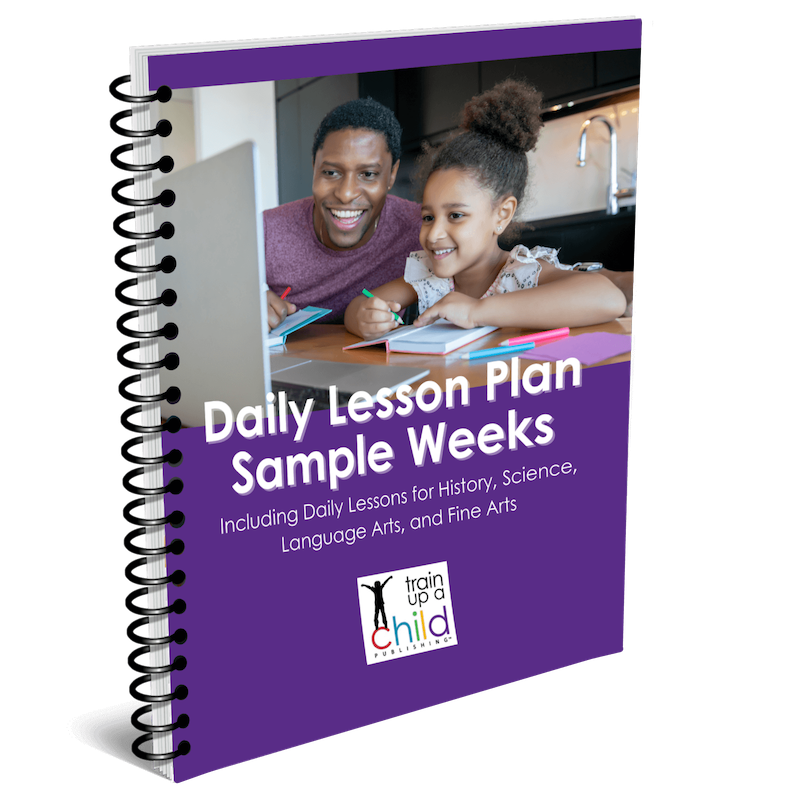
Thank you for sharing how hymn studies work in your home, we are starting this year and I was clueless of how to begin other than singing! I love how you laid out your post, thanks so much, it was very helpful!
I’m so glad it was helpful to you, Carisa! It is so much easier to start something new with a plan. 🙂
Dana,
Thank you for sharing these detailed plans for a hymn study! We learn two hymns a semester for our school and one hymn for our Family Sunday School class. It truly is a wonderful and natural way to learn so many of God’s truths, not to mention the comfort and beauty they add to our lives.
Godspeed,
Nancy
You’re so welcome, Nancy! Thanks for sharing what you do humn study at your house, too. I, too, love the idea of implanting this solid theology in our children’s young minds in such a beautiful way. 🙂
LOVE THIS!!!! 🙂 I have been trying to do composer study regularly but I need to remember to add in the hymns more often and also folksongs 🙂
Hi Lindsey! We have always studied history chronologically and worked composer/music study in with history – doing it that way helped me be more regular about it. I’m glad you enjoyed the post.
This is such a helpful unit study! We’re incorporating it into our school this quarter. Thanks so much for sharing!
You’re quite welcome, Katie! I’m sure you’ll enjoy adding hymn study to your child’s home education this quarter. Enjoy!
Hey there Dana! I posted recently on the same thing, we do pretty much the same thing, but I thought that perhaps your readers might want to see another family’s hymn study… it’s here:
http://fisheracademy.blogspot.com/2010/09/hymn-study-our-method.html
and here:
http://fisheracademy.blogspot.com/2010/09/hymn-study-i-am-resolved.html
We LOVE hymn study!
Thanks for posting all these great ideas! 😉
amy in peru
Hi Amy!
You’re so welcome. I sure enjoyed reading Micah’s email describing his last trip down the Amazon! Thank you for giving us a glimpse of the vital work your family is doing on the missionary field. Thank you!
And thanks for taking the time to comment – I am glad you enjoyed the post! I enjoyed yours as well. 🙂